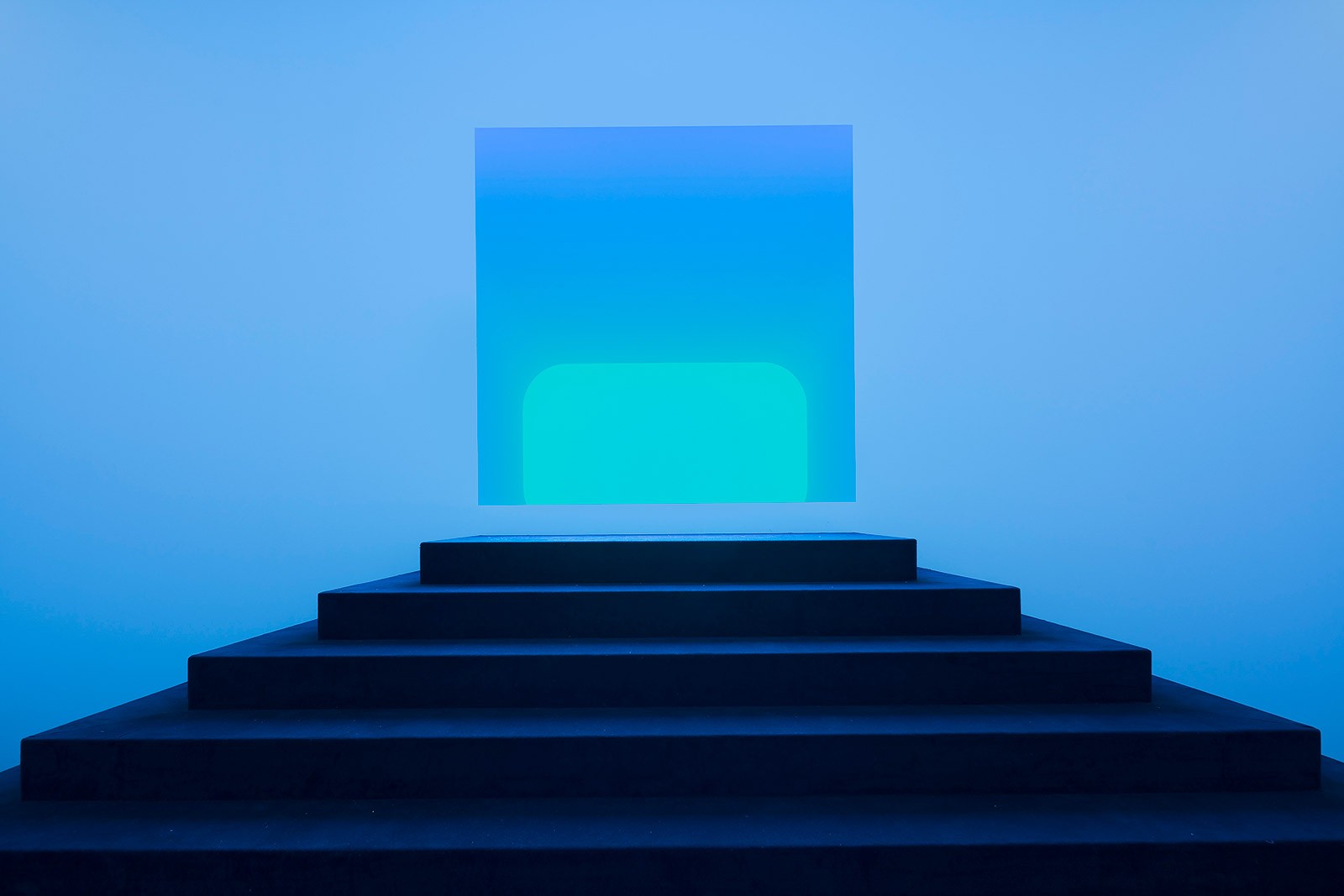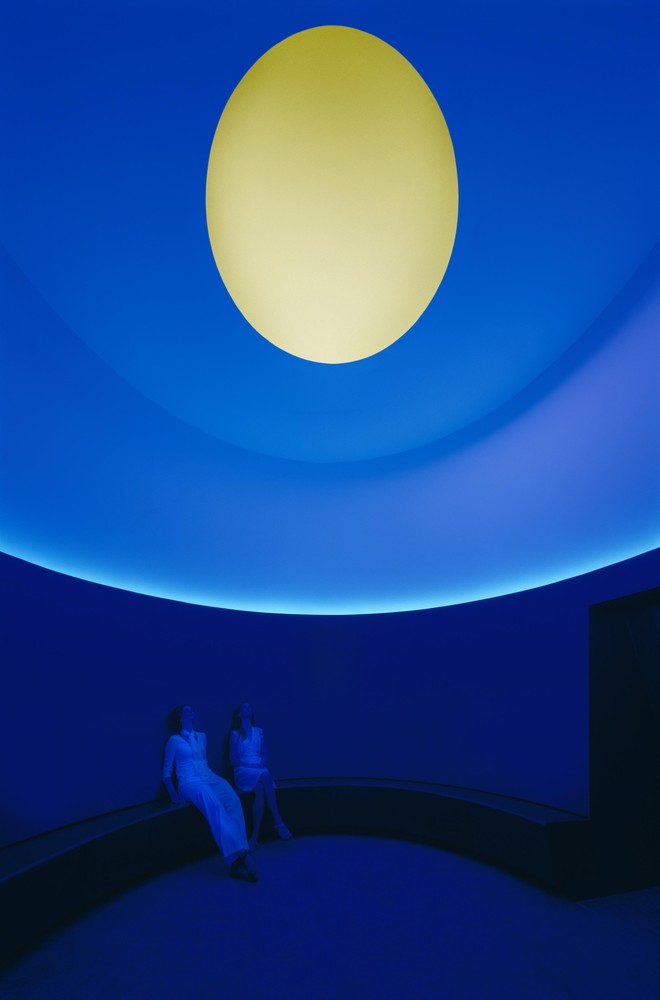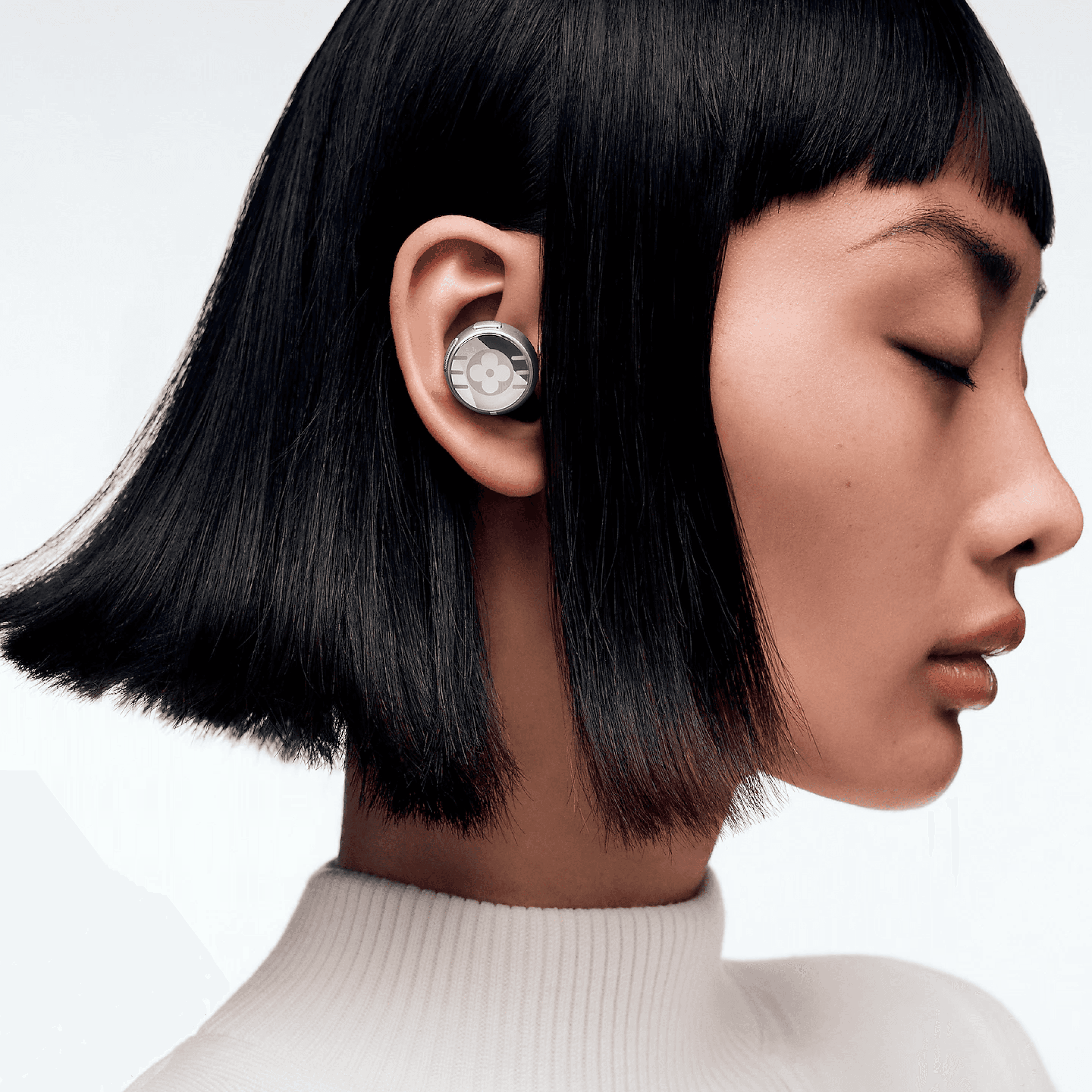Published
Jan 23, 2024
by
Andrea Fanelli
Taste is the only skill to learn

What is taste?
The concept of taste is something that defines us as human beings and has been explored by many philosophers over time. They define it as the ability to identify the aesthetic quality of an object.
We could argue that taste is something subjective, and in part it is. But as Paul Graham says, it’s not a matter of personal preference because if it were, we would be all right.
When we design something we realize that our taste is related to our skills. The idea of what we want to bring into the world and what we actually accomplish often don’t match. If we are not fully satisfied with our work, it means that our skills don’t just match our taste.
Or, as Ira Glass said, “your taste is why your work disappoints you”.
Taste vs Skill
If taste means knowing what looks good, skill is essential to reach that level and requires practice.
Taste is often perceived as something abstract and indefinite. Skill instead as something more concrete and practical.This is in the common conception, but in reality it is not so.

What sets artists apart and gets them noticed is the ability to express their own taste. Therefore, knowing what you like is as important as knowing what you do not like.
Rick Rubin, founder of Def Jam and author of The Creative Act, has built his career on his own taste. As he states in an interview, "I have no technical ability. And I know nothing about music." The producer says he can barely play a few instruments, but says artists come to him because of "the confidence I have in my taste and my ability to express what I feel." In fact, he has a highly developed sense of taste and is able to communicate it in concrete ways to world-class artists who rely on him to complete their albums.
Taste is the only valuable skill to learn
If I had to choose one skill for the future working in the creative field, that would be taste. Taste is the one valuable skill to learn.
It was said that artificial intelligence would come first to replace manual jobs. Apparently it took the creative sector first. The spread of AI in the tools we use has been a great benefit but also a great change. We can now create many things in a short time, and often the quality of the results is not what we want.

From creation to curation
The presence of AI created a shift from a dynamic of creation to something closer to curating. Soon the creative direction of a project will be more important than the craft itself. At that point, the machines will be just as good at meeting our results, and it will be important to give the project a clear direction.
Curation doesn’t have to be something bad. A24 has built its film company on the concept of curation. However, there are companies that have different ideas about this: on the one hand, Spotify promotes algorithms for its playlists, while Apple Music believes that human taste plays a key role in music curation.
Growing your taste
Taste is not something innate, but more something that can grow.
Steve Jobs believed that one's taste is the result of the mistakes he made and thus a mix of his past experiences. "Things get more refined as you make mistakes. I've had a chance to make a lot of mistakes. Your aesthetics get better as you make mistakes." This philosophy can be found in Apple products that have won the hearts of billions of people and remain timeless years later.
Evolving one's taste means evolving as a creative. It means going beyond one's abilities and trying to do better and better. Not being satisfied with one's creation is an opportunity to grow and do something better next time.
Published
Jan 23, 2024
by
Andrea Fanelli
Taste is the only skill to learn

What is taste?
The concept of taste is something that defines us as human beings and has been explored by many philosophers over time. They define it as the ability to identify the aesthetic quality of an object.
We could argue that taste is something subjective, and in part it is. But as Paul Graham says, it’s not a matter of personal preference because if it were, we would be all right.
When we design something we realize that our taste is related to our skills. The idea of what we want to bring into the world and what we actually accomplish often don’t match. If we are not fully satisfied with our work, it means that our skills don’t just match our taste.
Or, as Ira Glass said, “your taste is why your work disappoints you”.
Taste vs Skill
If taste means knowing what looks good, skill is essential to reach that level and requires practice.
Taste is often perceived as something abstract and indefinite. Skill instead as something more concrete and practical.This is in the common conception, but in reality it is not so.

What sets artists apart and gets them noticed is the ability to express their own taste. Therefore, knowing what you like is as important as knowing what you do not like.
Rick Rubin, founder of Def Jam and author of The Creative Act, has built his career on his own taste. As he states in an interview, "I have no technical ability. And I know nothing about music." The producer says he can barely play a few instruments, but says artists come to him because of "the confidence I have in my taste and my ability to express what I feel." In fact, he has a highly developed sense of taste and is able to communicate it in concrete ways to world-class artists who rely on him to complete their albums.
Taste is the only valuable skill to learn
If I had to choose one skill for the future working in the creative field, that would be taste. Taste is the one valuable skill to learn.
It was said that artificial intelligence would come first to replace manual jobs. Apparently it took the creative sector first. The spread of AI in the tools we use has been a great benefit but also a great change. We can now create many things in a short time, and often the quality of the results is not what we want.

From creation to curation
The presence of AI created a shift from a dynamic of creation to something closer to curating. Soon the creative direction of a project will be more important than the craft itself. At that point, the machines will be just as good at meeting our results, and it will be important to give the project a clear direction.
Curation doesn’t have to be something bad. A24 has built its film company on the concept of curation. However, there are companies that have different ideas about this: on the one hand, Spotify promotes algorithms for its playlists, while Apple Music believes that human taste plays a key role in music curation.
Growing your taste
Taste is not something innate, but more something that can grow.
Steve Jobs believed that one's taste is the result of the mistakes he made and thus a mix of his past experiences. "Things get more refined as you make mistakes. I've had a chance to make a lot of mistakes. Your aesthetics get better as you make mistakes." This philosophy can be found in Apple products that have won the hearts of billions of people and remain timeless years later.
Evolving one's taste means evolving as a creative. It means going beyond one's abilities and trying to do better and better. Not being satisfied with one's creation is an opportunity to grow and do something better next time.

